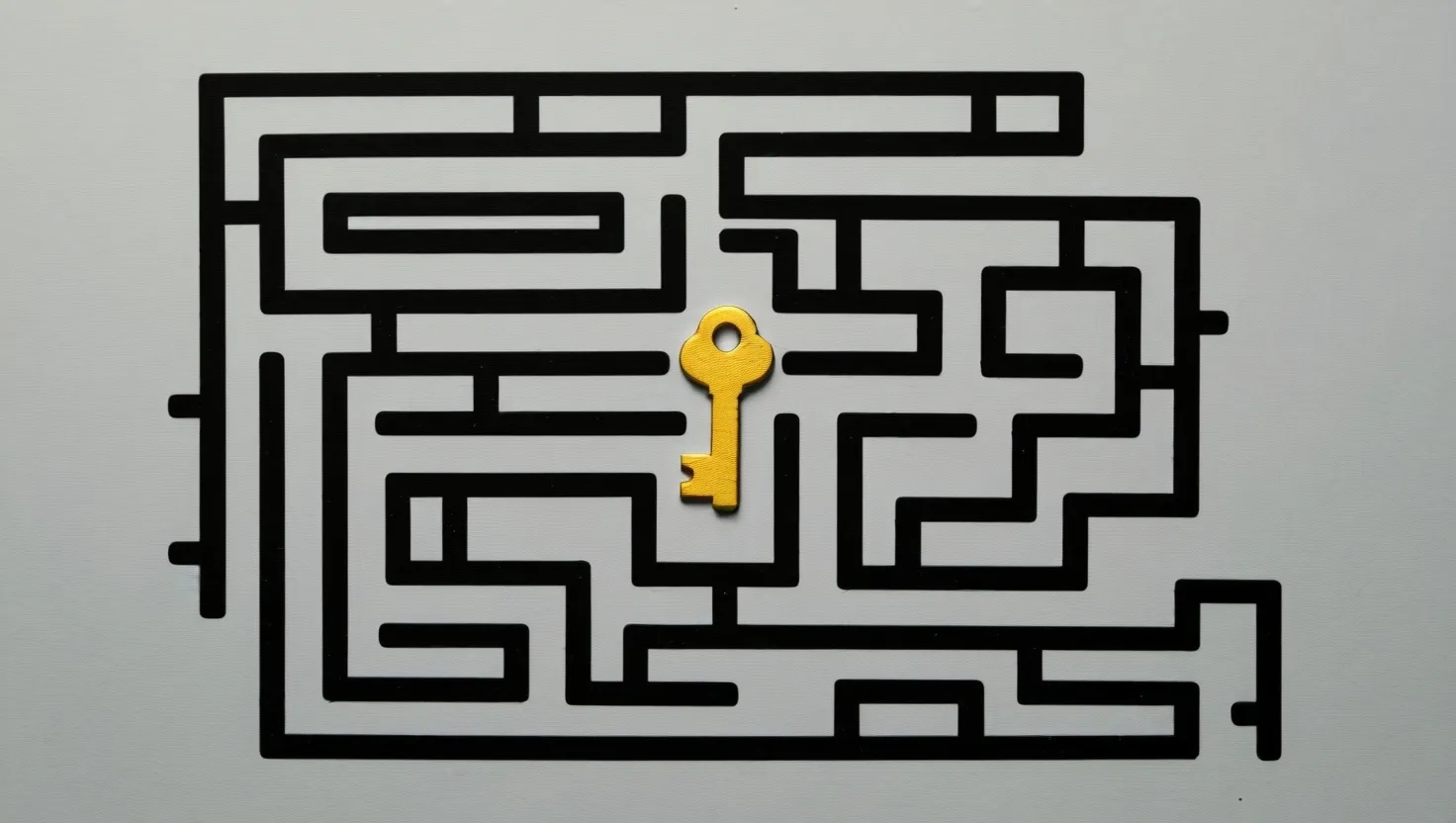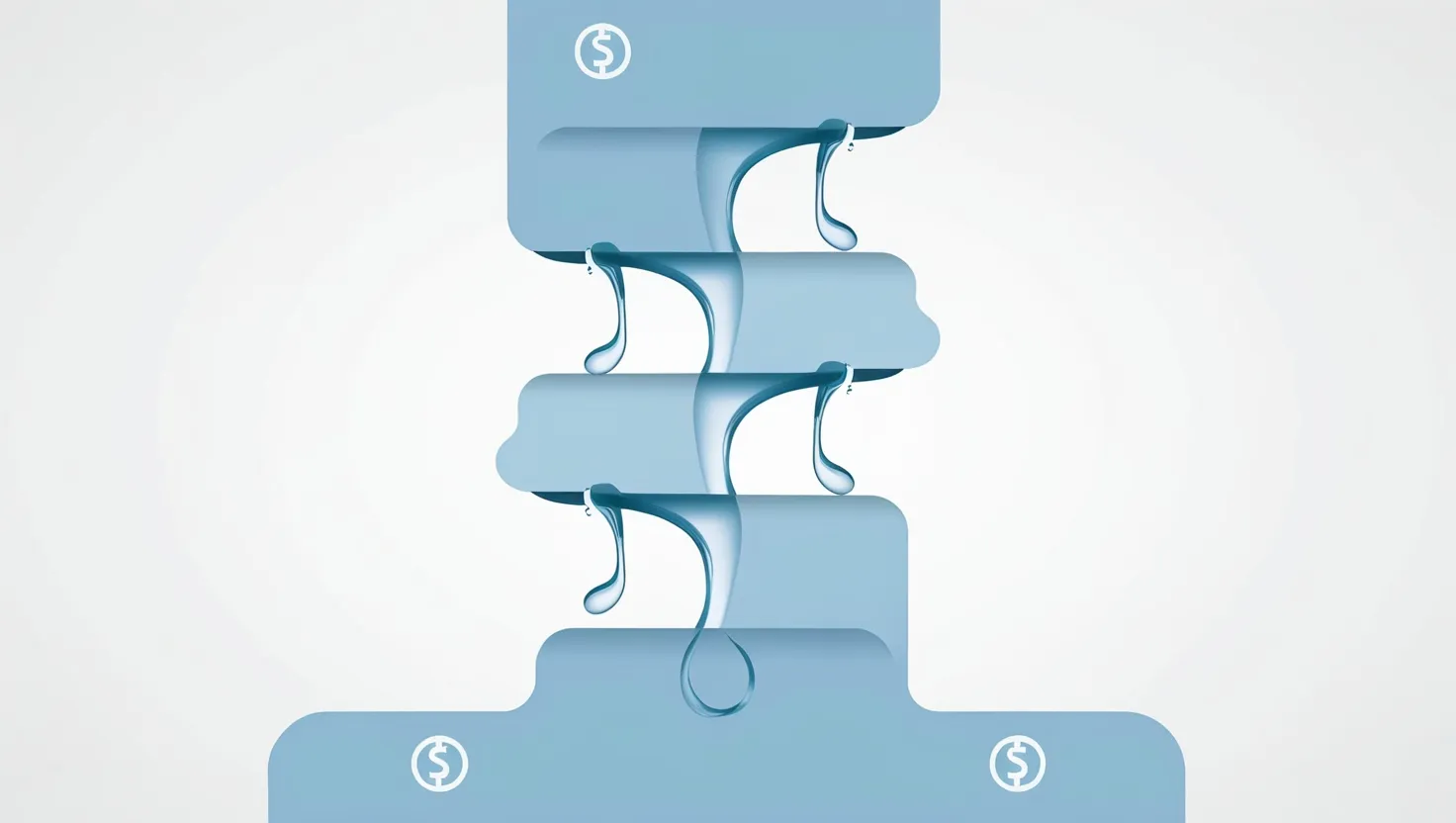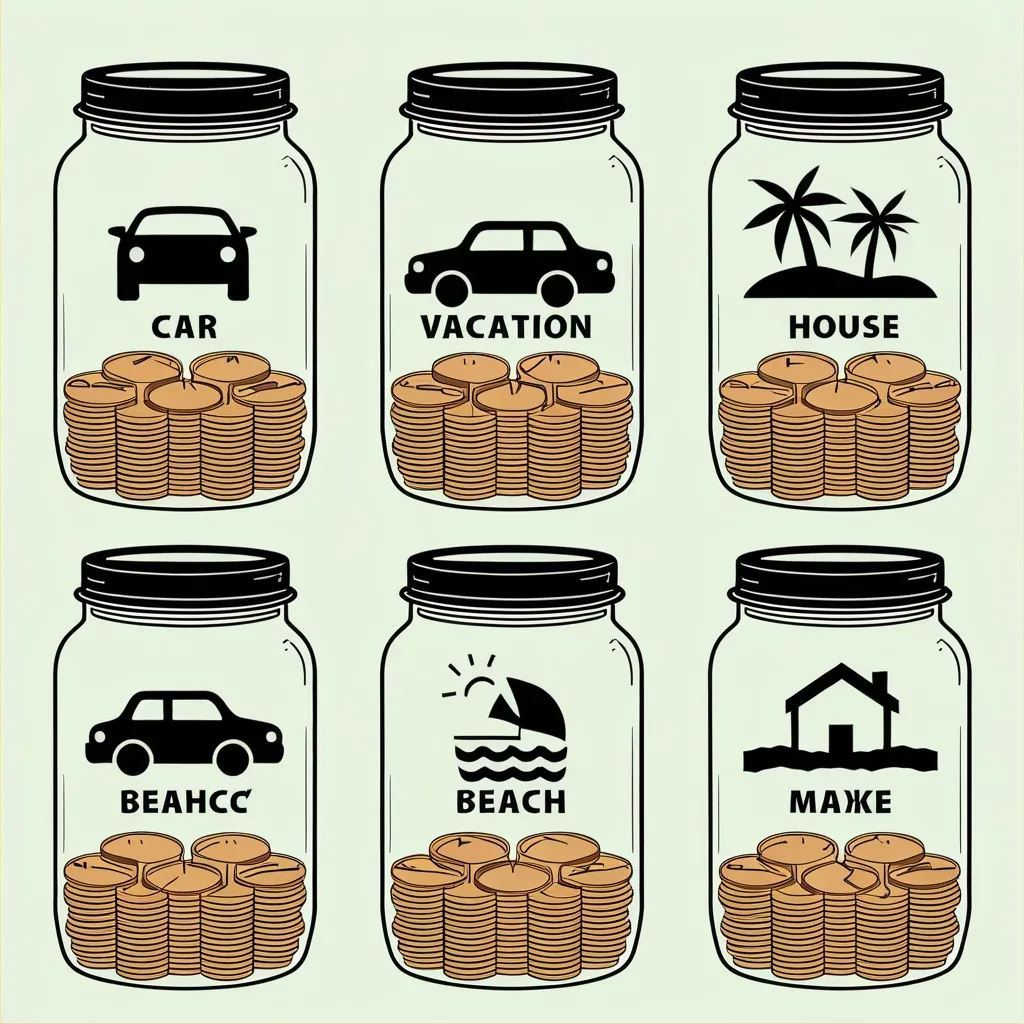High Unemployment: Not Always a Sign of a Weak Economy
When we hear about high unemployment rates, it’s easy to jump to conclusions about the state of the economy. But hold on a second - things aren’t always as straightforward as they seem. Let’s dive into why high unemployment doesn’t necessarily mean the economy is in the dumps, and why we might need to rethink how we look at employment stats.
First off, let’s talk about the ups and downs of unemployment. It’s like a rollercoaster ride tied to the business cycle. During tough times, like recessions, unemployment tends to shoot up as companies tighten their belts and cut jobs. Remember the Great Recession? Unemployment hit over 9% and stuck around for a while. But that doesn’t mean the economy was fundamentally broken - it was just going through a rough patch.
Think about it like this: after the 1982 recession, unemployment was also sky-high, but guess what? It eventually came back down as the economy bounced back. The key here is how quickly and strongly the recovery happens. If the economy starts growing again at a good clip, jobs can come back faster, and those unemployment numbers start to look better.
Now, here’s where it gets a bit more complicated. There are different types of unemployment - cyclical (tied to those business cycles we talked about) and structural (which is more about mismatches between what jobs are available and what skills people have). Structural unemployment can be a stubborn beast, hanging around even when the economy is growing.
In recent years, we’ve seen something interesting - workers aren’t moving between jobs as quickly as they used to. It’s like everyone’s gotten a bit more hesitant to make a change. This slowdown can keep unemployment rates higher than they would be if the job market were more dynamic and people were hopping from job to job more freely.
Let’s talk about the youngsters for a second. Young workers, especially those fresh out of school, often get hit hard when unemployment is high. During the Great Recession, the unemployment rate for under-25s was more than double the overall rate. It’s not because they don’t have the right skills - it’s just that there aren’t enough jobs to go around.
Think about a recent college grad. They might end up in a job that doesn’t even require a degree, earning way less than they would have a couple of decades ago. This isn’t just a temporary setback - it can affect their earning potential for years to come. Imagine starting your career on the back foot like that - it’s not easy to catch up.
But here’s the thing - when we talk about unemployment, we’re not getting the full picture. There’s this whole other issue called underemployment. It includes people working part-time who’d rather be full-time, and those who’ve given up looking for jobs altogether. If we counted these folks in the unemployment stats, the numbers would be even higher.
For instance, back in 2012, the official unemployment rate was around 8%. But if you included the underemployed and those who’d stopped job hunting, it would’ve been closer to 15%. That’s a pretty big difference, right? It gives us a more accurate idea of what’s really going on in the job market.
High unemployment isn’t just about numbers on a page - it has real consequences for everyone. It leads to lower wages, less money for families, and more people living in poverty. During the Great Recession, the average working-age household saw their income drop by $2,700 in just two years. That’s a big hit to take.
And it’s not just about money. Being unemployed puts a huge strain on people mentally and emotionally. It affects families, relationships, and entire communities. It also puts pressure on the government - less tax money coming in, more money needed for social services. It’s a tough situation all around.
So, what can be done about it? Well, there are various approaches. Some suggest boosting demand for goods and services through government policies. Others advocate for worker training programs or changes to how unemployment insurance works. But here’s the catch - these solutions aren’t perfect. They might help in the short term, but they can be expensive and might not solve the problem in the long run.
Interestingly, unemployment isn’t just a problem in rich countries. In fact, it’s often more pronounced in developed economies. In poorer countries, unemployment rates tend to be lower, especially among less educated workers. It’s kind of the opposite of what you might expect.
Take the U.S., for example. Workers without a high school diploma are more than twice as likely to be unemployed compared to those who finished high school or went to college. This really highlights how important education and skill development are in advanced economies.
Here’s something to think about - maybe we need to rethink how we measure unemployment. The official unemployment rate doesn’t account for underemployment or people who’ve given up looking for work. This means the actual state of the job market could be worse than what the numbers suggest.
And focusing just on the unemployment rate misses other important stuff - like how wages are growing, the quality of jobs available, and how workers are doing overall. To get a real sense of what’s going on, we need to look at all these factors.
Let’s get personal for a moment. High unemployment isn’t just about statistics - it has real impacts on people’s lives. It can lead to financial instability, stress, and health problems. Families might have to make tough choices between essential expenses. It can affect their ability to invest in education, healthcare, and other important things.
Imagine a family that was once comfortable suddenly struggling to make ends meet. It’s not just about tightening the belt for a while - it can have long-lasting effects on their financial security and quality of life.
So, what’s the takeaway from all this? High unemployment is a complex issue that can’t be boiled down to a simple economic indicator. It involves cyclical and structural factors, affects different groups of people in different ways, and has wide-ranging economic and social consequences.
By understanding these nuances and rethinking how we measure employment, we can develop better strategies to address unemployment and create a healthier job market. It’s about more than just numbers - it’s about people’s lives and the future of our economy.
In the end, we need to take a holistic approach to employment and economic policy. It’s not just about getting unemployment numbers down - it’s about creating quality jobs, ensuring fair wages, and building an economy that works for everyone. By doing this, we can work towards a future where high unemployment doesn’t have to mean a weak economy, and where everyone has the opportunity to thrive.






